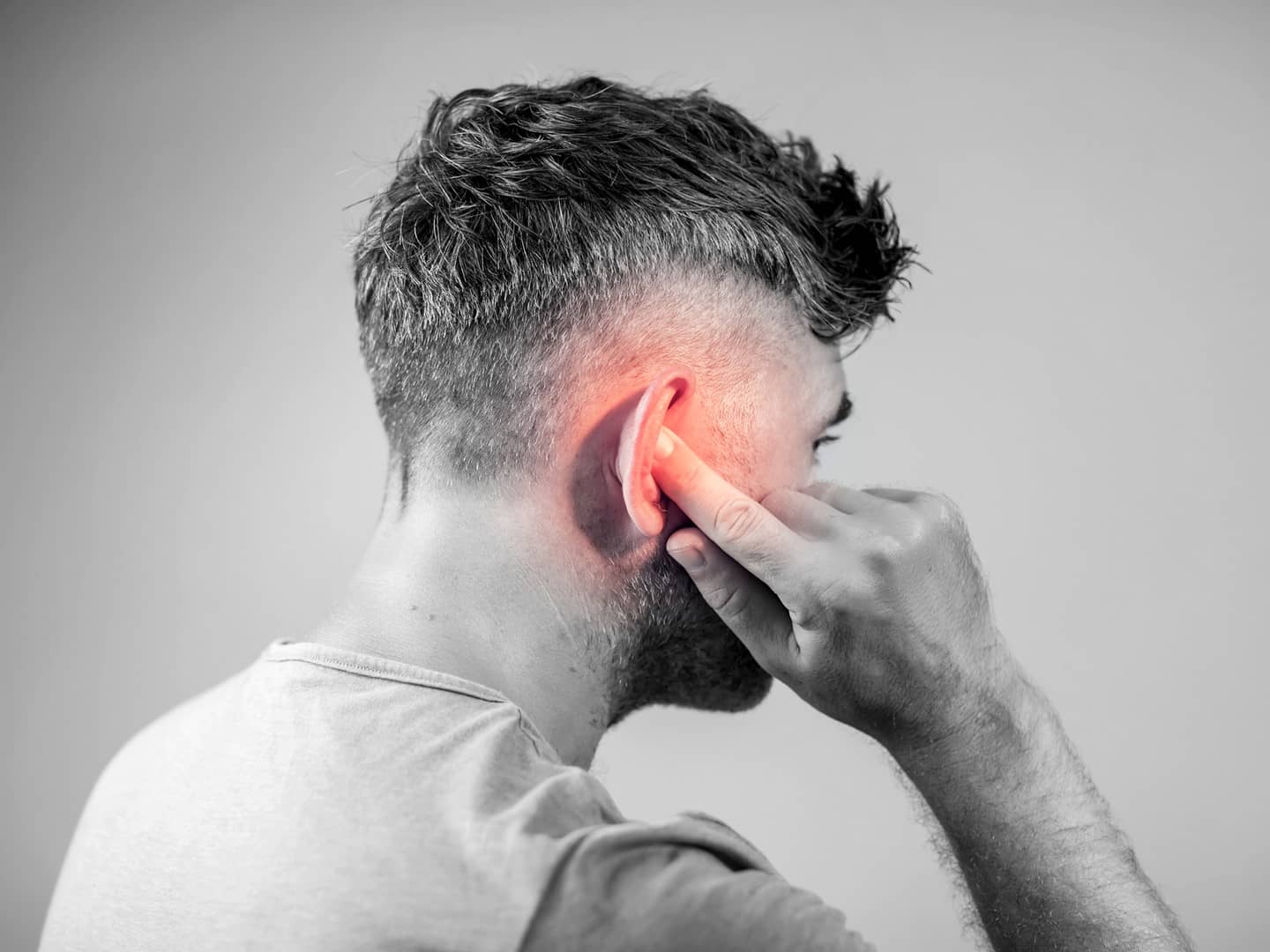Tinnitus Treatments: What You Need to Know

If you’re someone who experiences tinnitus – a persistent ringing, buzzing, or other sound in the ears – you’re not alone. Millions of people worldwide are affected by this condition, which can be frustrating and debilitating.
While there may not be a complete cure for tinnitus expected by 2025, there are various treatments available that can help alleviate symptoms. In this blog post, we’ll explore some of the most promising tinnitus treatments that you should be aware of.
Bimodal Stimulation
Bimodal stimulation is a relatively new treatment for tinnitus that involves applying two types of stimulation to the body. These may include sound and electrical vibration or sound and stimulation on the tongue.
While bimodal stimulation has not been proven to eliminate tinnitus completely, research has shown that it can significantly reduce symptoms. This may be an option for those seeking relief from tinnitus.
Hair Cell Regeneration
Damage to the hair cells in the inner ear can cause tinnitus as well as hearing loss. Therefore, researchers are exploring the potential for hair cell regeneration as a treatment option for tinnitus.
This field of research is still in its early stages, but it shows promise. If successful, hair cell regeneration could provide a cure for tinnitus by restoring lost hearing and eliminating tinnitus.
Tinnitus Maskers and Devices
There are currently FDA-approved devices available that may help alleviate tinnitus symptoms. These include the Lenire and Michigan Tinnitus Devices, which send signals to the hearing and touch senses to reset neural functions and potentially reduce tinnitus perception.
The Neosensory Duo device is another option that stimulates general touch. Long-term use of tinnitus maskers and similar devices may help reduce symptoms for some individuals as well.
Habituation and Counseling
Habituation, or the process of the brain filtering out the sound of tinnitus and making it background noise, is one of the most effective treatments for tinnitus. This is achieved through sound enrichment and counseling, which can take 6-12 months for full effect.
Telehealth therapy is another option for individuals looking for remote treatment, with a 66% success rate in patients after three months of treatment.
Participating in Trials
While ongoing research may offer new options for tinnitus treatment, individuals that would like to contribute to the science can participate in tinnitus trials. The vagus nerve, which controls the parasympathetic nervous system, has shown a link to tinnitus, and stimulating it could help reduce its symptoms. Sound therapy treatment plans and cognitive behavioral therapy may also be able to address tinnitus symptoms.
Conclusion
While a complete cure for tinnitus may not be available yet, there are several methods available that can help alleviate the symptoms of this condition. From bimodal stimulation to habituation and counseling, there is hope that tinnitus can be successfully managed.
If you’re looking for further information, it is always recommended to consult your physician. They can perform an examination and provide guidance on treatments that may help you manage your tinnitus symptoms.

